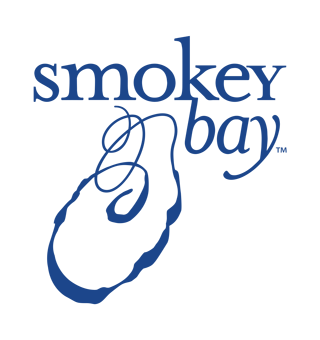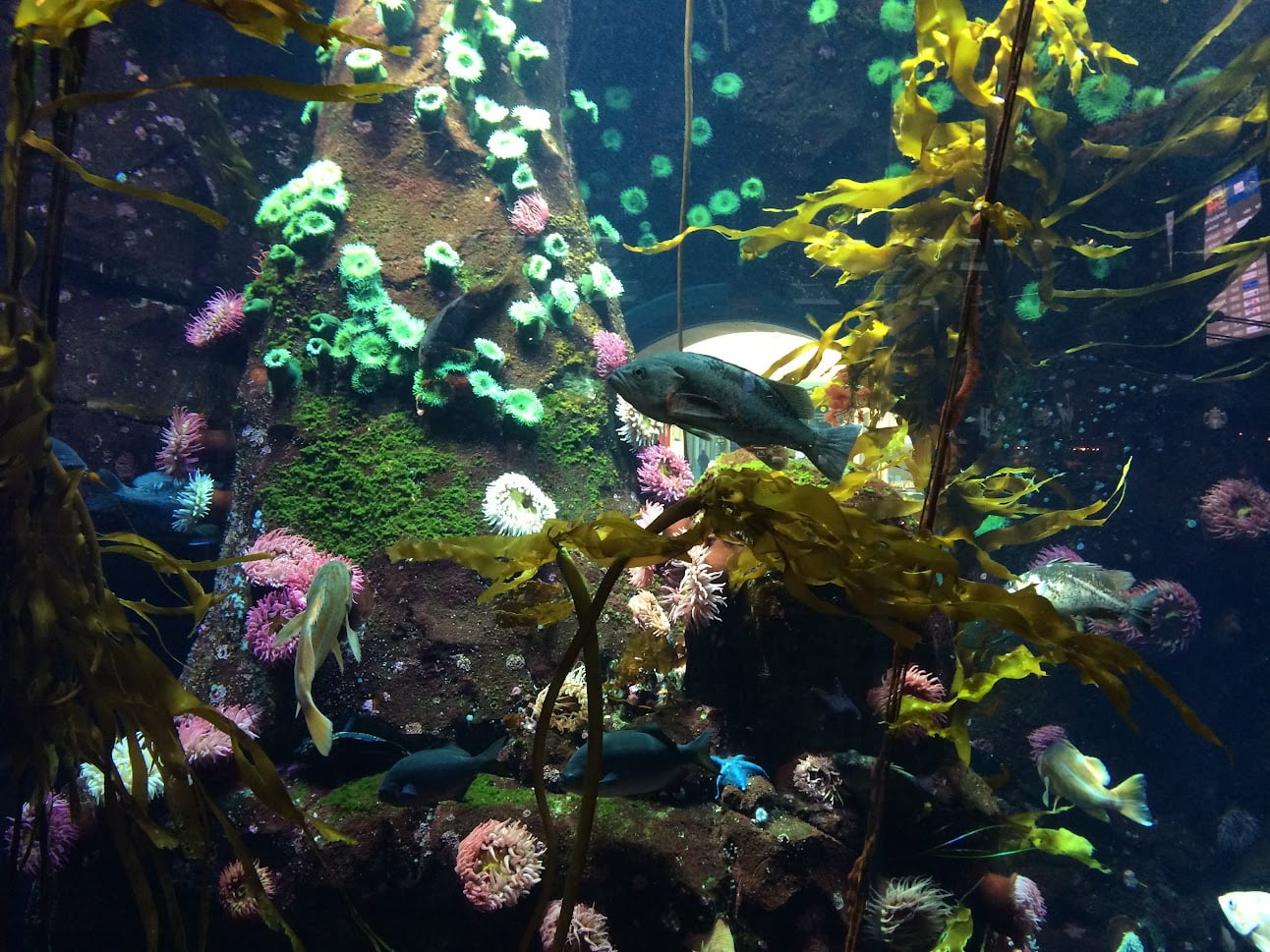Regenerative Fisheries – Moving Beyond Sustainable Seafood
Imagine if the fish you ate was produced in a way that actually improved the environment, not just sustained it. But actually brought it back to a healthier and more abundant state than it was for previous generations.
For the last quarter century, the seafood industry, its regulators, NGOs and conservation groups have been striving to get both consumers and producers on board with sustainability.
If looked at globally the results have been mixed, while some fisheries have achieved the goal – the Dungeness crab fishery, Alaskan Wild Salmon, farm shellfish such as live oysters and manila clams – others have not – pollock, haddock, anchovy, Canadian wild salmon, swordfish, Atlantic Cod. Some businesses are standard-bearers for sustainable seafood, others fail to see the point. It has been a mixed bag with regard to the adoption of sustainable practices and inculcating sustainability in corporate and consumer consciousness.
Now I’m happy to report that sustainable seafood is soon to be considered irrelevant. Irrelevant?! Yes as a means of gauging environmental health of the marine ecosystem. Because it’s not enough. Sustain what? Sustain an industry with diminishing supply, sustain an unpredictable supply, sustain confusing marine biologist and decision makers setting fishery policy. It’s time for us to do better and to move beyond sustainability into a mode of regenerative practices.
WHAT ARE REGENERATIVE PRACTICES?
Imagine if the fish you ate was produced in a way that actually improved the environment, not just sustained it. But actually brought it back to a healthier and more abundant state than it was for previous generations.
We now have the knowledge to consider a regenerative marine policy. Regenerative marine aquaculture has been on policy makers and producers’ radars for the past few years. There are many articles referencing discoveries and existing practices to promote regenerating the environment around fish farms as part of their operation. For example, polyculture is when you have different fish and shellfish species being grown at different levels in the water column in symbiosis to create a thriving single ecosystem.
However, what I am referring to is beyond aquaculture. A larger scale is needed, a regional wild marine ecology and the fisheries that are managed over a wider geography. An easy example are oyster reefs both on the Pacific and Atlantic coast that actually provide so many benefits to the marine environment beyond just sustainable oyster harvesting.
How can we broaden regeneration from a controlled environment to a wider ocean geography?
Sustainability puts the onus on the fisherman, aqua culturists and scientist to figure it out. By broadening the stakeholder base from fishing enterprises to all groups in a watershed, improvements will be seen rather than a stasis.

For regenerative fishery policy more participants are needed but the economic benefits go beyond those whose activity is on the water. In Oregon regenerative land based ranching is improving the wild salmon run and has radically improved the livelihood of cattle ranchers, I found this article interesting “How Regenerative Ranching Can Help Save Salmon“.

The wild salmon industry in BC would be better served if they ditched sustainability for regenerative, as it would require bringing more industry, stakeholders and participants to the table to help solve the crisis. I know this sounds like a big task, but consensus based models for setting land policy exist we can learn from them in developing regenerative practices for our marine industries. I will discuss consensus based approached to developing healthy regenerative policy and practices that move beyond sustainability with greater benefits to all in my next blog post.
Thank you for learning more about ‘regenerative’ as the new catch word for improving our ocean environment.
Patrick Warren is the founder of Smokey Bay Seafood Group, which has been in continuous operation since 1998. He has extensive experience in the seafood industry, including work in both shellfish aquaculture – manila clam, pacific oysters, and wild fisheries such as dungeness crab, geoduck, wild salmon, and crustaceans. He has developed long lasting export programs to Asia, Europe, and North America. Patrick’s career also includes collaborative projects with tribal and First Nations communities and expertise in aquaculture feeds such as krill and algae production. He holds a postgraduate degree in geography and environmental planning. Additionally, Patrick is the majority shareholder of Sebastian Stuart LLC a legacy dock and pier in Anacortes, Washington, and the founder of Eldorado Square in New Denver, BC. He also served as Park Board Commissioner for Vancouver, BC at a time that significant decisions were made for the city’s parks, aquarium, sea wall, and community centers.

